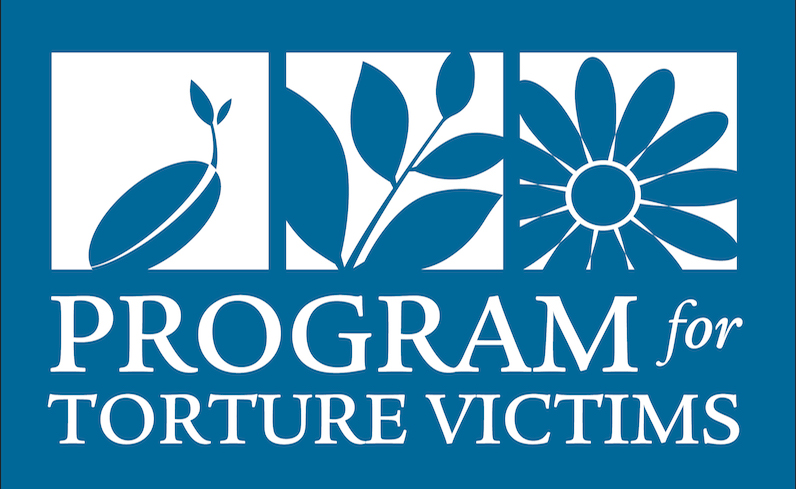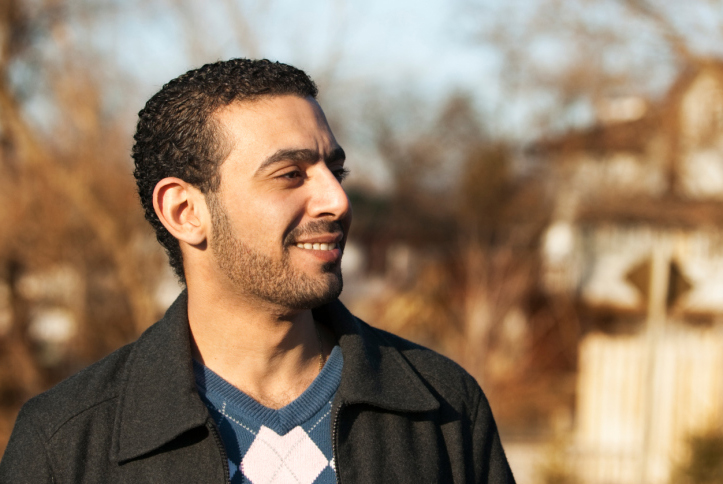Meet Hassan, Survivor from Syria
When the protests first broke out, Hassan, like many of his fellow citizens, looked at the start of the Syrian Revolution with hope: hope for a new beginning for their country, and an end to many years of corruption and oppression.
For generations, Hassan’s family has suffered the costs of the Syrian regime, so when the fighting intensified, he dedicated himself to helping those in need of assistance. Because of the success of his family’s business, Hassan was able to provide families with free medicine, food, and clothing. He even provided shelter and housing at a school his family ran to those who had been forced to flee their homes.
But his peaceful and humanitarian efforts soon made him a target of local extremists. When they found out he was housing refugees, they attacked the school while the families and children were inside. He was threatened with warnings that if he didn’t stop, he would be “kidnapped and cut into pieces.” When Hassan refused to stop helping those in dire need of assistance, the threats turned physical.
One day when he was driving home, two cars filled with armed men pulled up beside him and began ramming into the sides of his vehicle. He increased his speed to evade capture. The men then fired shots at him, hitting him in his arm and causing his car to flip over several times. They left Hassan where he lay, unconscious and covered in blood, mistaking him for dead.
Hassan recovered, but knew he had to leave Syria. He sought refuge in the US, where his only wish was “to have the simple joy of playing with my daughter, and not see her grow up an orphan.” His wife however, was denied a visa, and remains in Jordan, where she fled with several other family members. They have been separated for over two years and must wait even longer to be reunited.
Due to the current refugee crisis, wait times for asylum interviews and court hearings can take up to six years, and the prospect of being separated from his wife and young daughter for such an extended amount of time has taken a significant toll on Hassan’s health. He has trouble eating and is plagued by nightmares because of debilitating fear and anxiety for their safety. In addition to Post Traumatic Stress Disorder and depression, he suffers from permanent nerve damage in his arm and back due to the car attack.
PTV is working with Hassan’s attorney to expedite his case, so that he may be reunited with his wife and daughter as soon as possible. In the meantime, Hassan is receiving wraparound healthcare services, such as Tension Release Exercise classes and regular massage therapy sessions, which have reduced pain and given him greater mobility. He also attends weekly meetings with a PTV therapist to help increase his ability to cope with the PTSD and the anxiety and loss of what was once his homeland.
“We didn’t leave our country to seek a better life. We left our country because we were running away from death, from humiliation, from the smell of blood, from the killing, from the smell and taste of the toxic chemicals in our food and drink and water. We ran away to bring our dignity back, so we can get our humanity back.”
Though he continues to be anguished by the separation from his wife and daughter, through the help of PTV, he has gained confidence knowing he has a support network here in LA. Today, he is hopeful for a future in the U.S. where he will be able to one day be with his wife and raise his young daughter in peace.
Will you help bring hope to other survivors like Hassan with a donation to PTV’s life-saving work?
![]()
The name, image and identifying characteristics of some clients may be changed to protect client confidentiality and the safety of family and friends that still live in the client’s country of origin.

